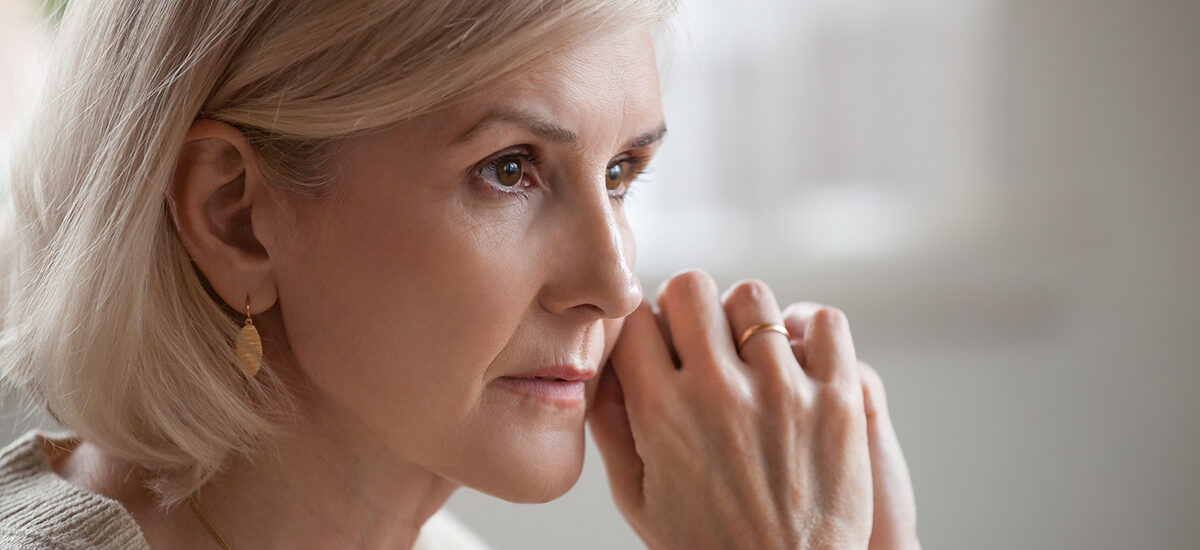
Consider the following story as it relates to this week’s topic.
As a parent, worrying about the flu or common cold every year is nothing new. My husband and I are always prepared, but this year is different. COVID-19 caught us off guard and we aren’t quite sure what to do. Not only is the possibility of catching the virus scary, but it’s also causing our kids to ask a lot of questions that we don’t know how to answer. Also, my parents are getting older and they seem to be at the highest risk. Between news outlets, social media, and our friends, we hear so much conflicting stuff, and I’m getting a little scared. I want to do all I can to keep my family safe, but don’t know where to start.
Rather than report more medical information and statistics that you’re already being barraged by from other media sources, we at Rice Psychology Group understand that the fear of not knowing what COVID-19 is going to morph into is leading many of us to experience major anxiety. We also recognize how important your psychological wellness is. Our licensed psychologists and therapists have put together some information below that will keep you informed, along with some steps to help you be safer.
What to Expect
The anxiety surrounding the uncertainty of an outbreak can easily overwhelm even the calmest person. Perhaps having a better idea about what to expect, both on a psychological and practical level, will minimize your stress levels at least a bit and put your mind somewhat at ease. If an outbreak requires social distancing or quarantining, you could experience anxiety, stress, or fear due to:
- Worrying about your health or those around you.
- Worrying about what others might feel or think if forced to self-quarantine due to interactions with you.
- Being submitted to monitoring from either medical experts or yourself.
- Lack of income as a result of work shutdowns.
- The need to acquire sustainability at grocery stores that are crowded or understocked.
- Loneliness
- Anger
- Boredom
- Frustration
- Depression
- Confusion
- The best way to stay on top of COVID-19 developments is by being informed and educated. Follow reputable news sources on TV and social media and only follow the advice of physicians and health experts. The Centers for Disease Control and Prevention (CDC) is perhaps the best source of information available to the public. And don’t be afraid to reach out for information.
- Once informed, though, turn off your television and social media outlets! We know that repeated exposure to upsetting information can be traumatizing. Allow yourself a finite amount of time at the beginning and end of the day (around 30 minutes) and be done with it! Listen to music, an audiobook, or an interesting podcast the rest of the time!
- Stay physically healthy by eating real food, staying hydrated, and exercising.
- Stay emotionally healthy by doing things you enjoy, such as playing with your pets, games with your children, shooting hoops, riding your bicycle, and working out.
- Make the most of your time at home. You can do some early spring cleaning and organizing! Go through that stack of papers on your desk or clean out that junk drawer you’ve been meaning to get to for so long! And don’t neglect your garage; what a great time for a cleanout!



